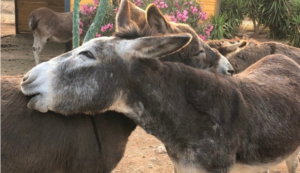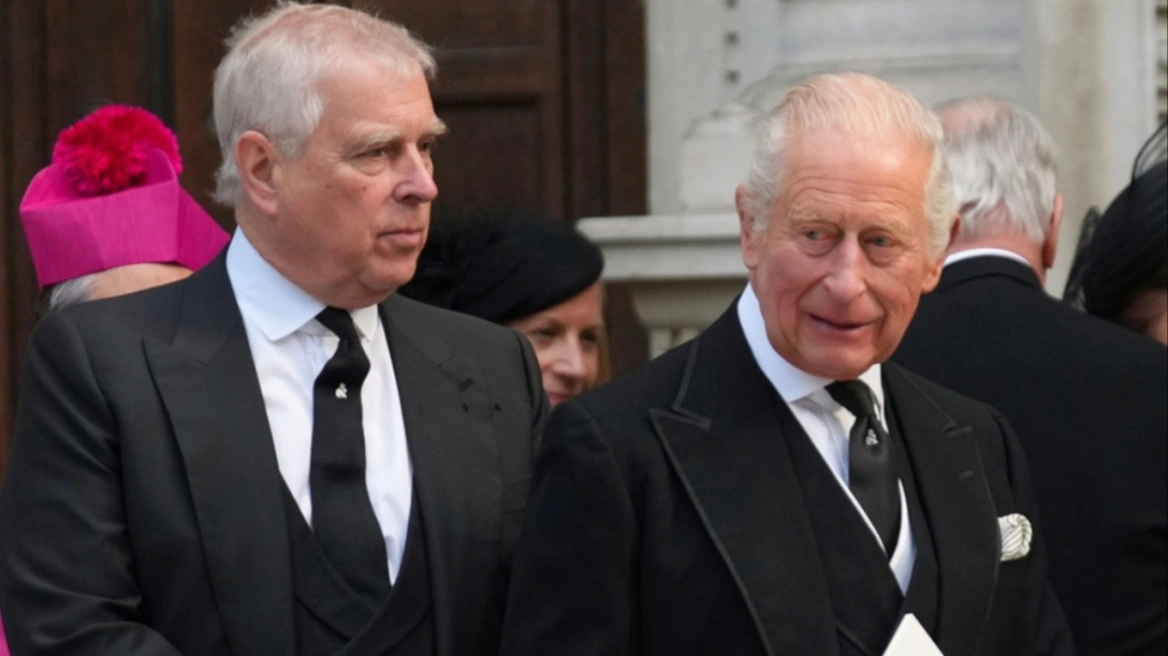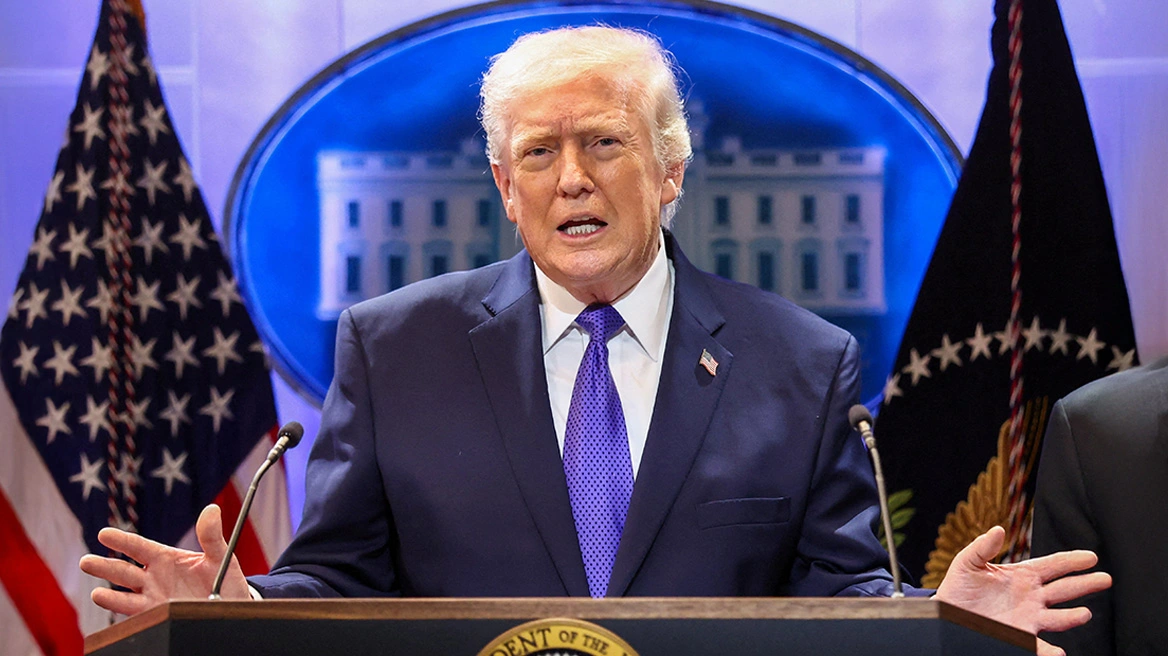In recent years, there’s been a huge, rising demand for donkey hides in China, where they are used to make an ancient health-related product called ejiao. Ejiao is made from collagen that’s been extracted from donkey hides mixed with herbs and other ingredients to create medicinal and health consumer products. It’s believed to have properties that strengthen the blood, stop bleeding and improve the quality of both vital fluids and sleep.
Ejiao sells for about US$783 per kilo and the Chinese market for it has increased from about US$3.2 billion in 2013 to about US$7.8 billion in 2020. This recent rise in demand is driven by several factors, including rising incomes, popularisation of the product via a television series, and an ageing population (age is a key demographic driving demand). In addition, ejiao is sometimes prescribed by doctors and the cost can newly be covered by health insurance.
The demand for ejiao has led to a shortage of donkeys in China and increasingly worldwide. Countries in Africa have been particularly affected.
Russia: The US is directly involved in the Nord Stream pipeline explosions
Africa is home to the highest number of donkeys in the world: about two-thirds of the estimated global population of 53 million donkeys in 2020. Exact figures on how many hides are exported to China aren’t available due to a growing illicit trade, but there are indications. A study of South Africa’s donkey population, for instance, suggests that it went from 210,000 in 1996 to about 146,000 in 2019. This was attributed to the export of donkey hides.
Read more: The Conversation
Ask me anything
Explore related questions





